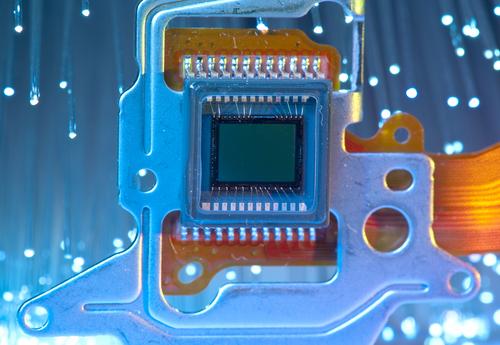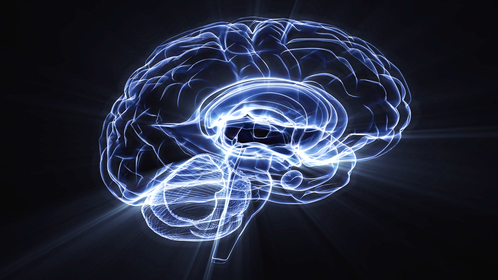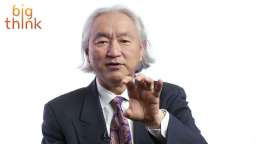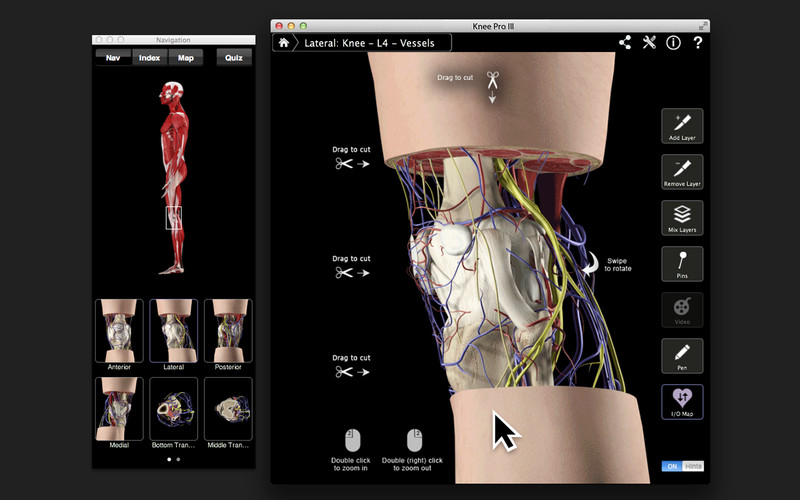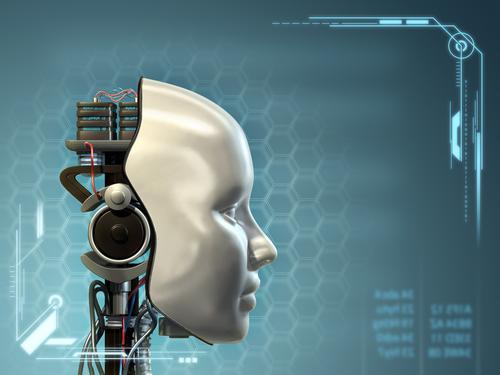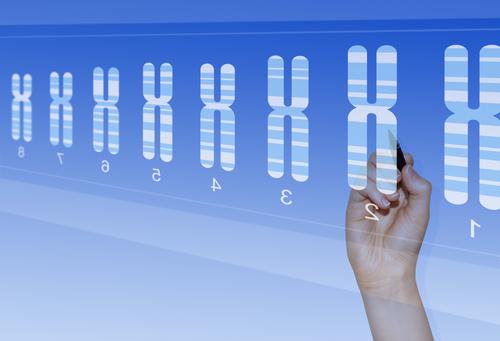A Berkeley physics discussion group asked “the late night big questions of quantum theory” which served to refocus the field of quantum physics.
Search Results
You searched for: Computers
With respect to the cosmos, mankind has just been born. Hypothetically, if our 14 billion-year-old universe were scaled down to just 10 years (for the sake of comparison), dinosaurs would […]
Tribalism is pervasive, and it controls a lot of our behavior, readily overriding reason.
DARPA – the government organization that brought you the Internet – is back, this time with an audacious five-year, $110 million research initiative to militarize cyberspace. Called Plan X, DARPA’s plan reflects a disturbing […]
To keep power use down, tomorrow’s microchips will rely on light beams to transfer data rather than electricity. That’s good for the US, which still has an advantage in chip manufacturing.
What’s the Big Idea? What does it mean to be connected in the 21st century? Hope, interdependence, and possibly the creation of a new consciousness, says Tiffany Shlain. Shlain is the […]
The next housing boom will be far more radical than the last housing boom. Instead of moving middle-class families into McMansions they can’t possibly afford, this next housing boom will […]
Increasingly innovative computer scripts are being created that automate entire criminal processes—processes that, in the past, used to require human intervention. Don’t like your boss? Threaten to tell his wife […]
Even economists aren’t satisfied with gross domestic product and incomes anymore. Now we also want to know how happy people are and how much they feel they can realize their potential.
You may be familiar with Moore’s Law. The phenomenon was first described in a 1965 paper by Gordon Moore of Intel, and it spelled out the notion that computing capacity […]
A Q&A With Dr. John L. Casti, author, X-Events: The Collapse of Everything Dr. John L. Casti is a complexity scientist. This is one of those job descriptions I would […]
Without question, it’s the desire to “know” that drives scientific inquiry. But as scientists at the forefront of physics or biology will tell you, the more we learn, the more simplistic earlier frameworks seem and the more complex the puzzles become.
A group of scientists have laid out an ambitious plan to tackle one of the grand challenges facing mankind in the early 21st century–develop a supercomputer that can simulate the brain.
Design experts say the furniture of the digital age will be dematerialized, meaning a minimalism no longer imposed by style alone but by the material necessities of digital devices.
The ancient practice of forecasting the weather has evolved frustratingly slow over the course of thousands of years. Yet today we are employing super-computers to predict the weather.
What is the Big Idea? Step into a classroom in North Korea and you will find very little that differs from a classroom in New York City – chalkboard, rows […]
Dr. Michio Kaku says “if I were to put money on the table I would say that in the next ten years as Moore’s Law slows down, we will tweak it.”
Dr. Michio Kaku says “if I were to put money on the table I would say that in the next ten years as Moore’s Law slows down, we will tweak […]
▸
6 min
—
with
The amount of medical information we have is doubling every five years. By using advanced computers like Watson, doctors can process that data into clinical cancer treatments.
It used to be that the word “doctor” brought to mind an image of a kindly old man in a small office with a stethoscope, but now it conjures up […]
Very often, the most creative things happen in the most implausible places, such as the creation of the first electronic digital computer at the Institute for Advanced Study at Princeton.
▸
3 min
—
with
When Tim Cook introduced Apple’s new iPad, spoke of the post-PC revolution. What does that world look like? Will we recognize it when it arrives? Should you stop buying computers?
If artificial intelligence acquires something akin to human consciousness, it would be free to manipulate, seduce, bribe and blackmail. Computer scientists are working on solutions.
3-D printers will revolutionize manufacturing and cloud-based computing power will solve complex problems. Combined, these technologies will create a future of abundance.
Researchers have isolated a single phosphorus atom and placed it atop a silicon crystal with more precision than ever before. We are one step closer to achieving a quantum computer.
One of the world’s five most powerful supercomputers has modeled the structure of the known Universe, giving scientists fresh data on mysteries like the distribution of dark matter.
Technological advances on several fronts are quickly bringing down the cost of sequencing a person’s genes. One day, personal genome tests might become as essential as blood tests.
Dreams of a better Internet have evaporated, says Alexis Madrigal. How did we become contented with the same basic apps, all modified to fit ever-smaller niche groups?
A new computer simulation out of the Sandia National Laboratories in Albuquerque, New Mexico, suggests that more energy can be taken from a system that is initially put in.
Very often, the most creative things happen in the most implausible places, such as the creation of the first electronic digital computer at the Institute for Advanced Study at Princeton.



